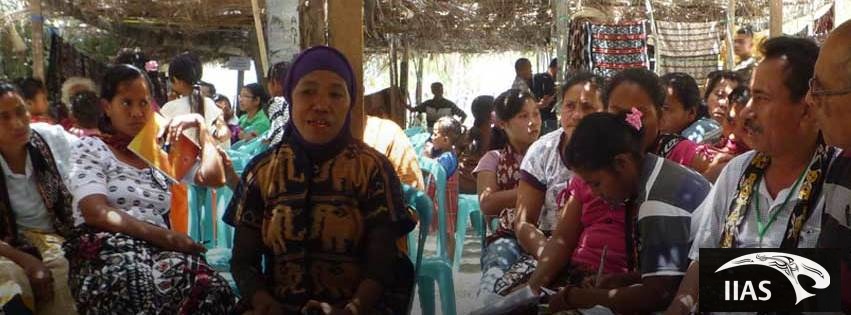KITLV/Royal Netherlands Institute of Southeast Asian and Caribbean Studies

- This event has passed.
Seminar ‘Religious violence in South(East) Asia: Domestic and transnational drivers of intolerance against Muslim minorities’
15/06/2015 @ 09:15 - 18:00

This seminar is organised by the International Institute for Asian Studies (IIAS) and the Department of Social and Cultural Anthropology of VU University Amsterdam. One of the speakers is KITLV researcher Ward Berenschot.
The majority Buddhist and Hindu societies of South(East) Asia are not traditionally associated with conflict and intolerance. Yet recent years have seen a surge in international reports of religious tensions and violence by Buddhist and Hindu majorities towards Muslim minorities in the region. India’s political leadership since 2014 has long been associated with repressive practices and episodes of violence against Muslim minorities. In Sri Lanka, Muslims have been an often forgotten minority during the conflict, and a rise in hostilities against them has been reported since the defeat of the Tamil Tigers. The government of Myanmar has long repressed the Rohingya minority, but in recent years this hostility has spread to the larger population, with Buddhist monks playing a seemingly significant role in inciting hate speech and violence against Muslims and their perceived supporters. In Southern Thailand, long-standing grievances of the Muslim population have largely remained unaddressed by the central government. In all these cases, religious diversity has been perceived as a source of nationalism and conflict, but also as a starting point for peacebuilding efforts.
Details
- Date:
- 15/06/2015
- Time:
-
09:15 - 18:00
Organizer
- IIAS & VU University Amsterdam
- View Organizer Website
Venue
- VU University Amsterdam, Metropolitan Building room Z-009
-
Buitenveldertselaan 3
Amsterdam, + Google Map - View Venue Website



